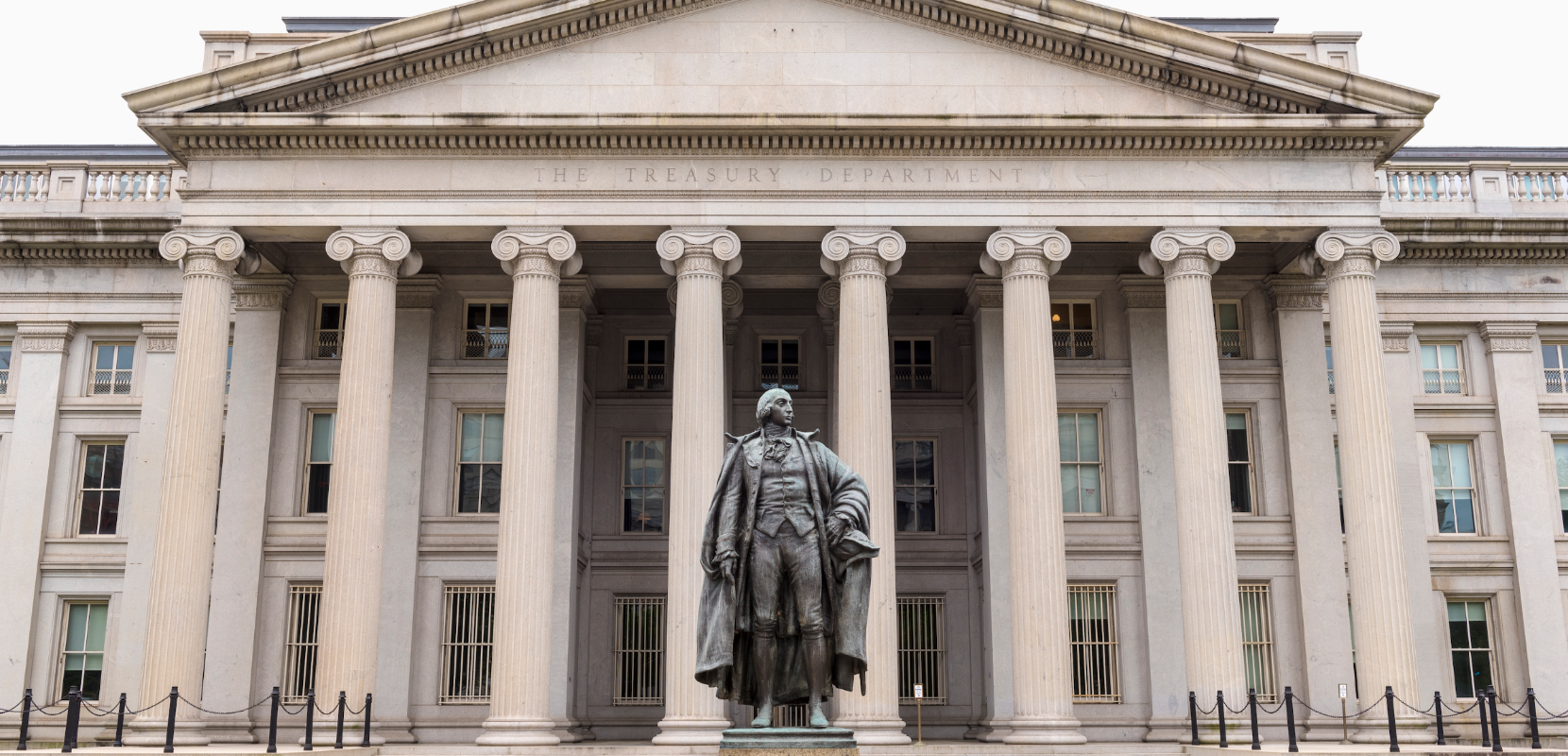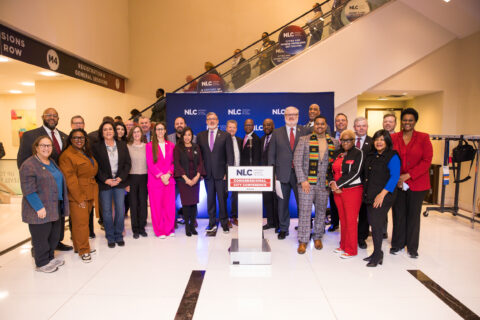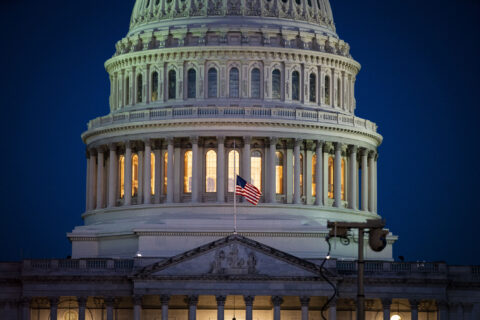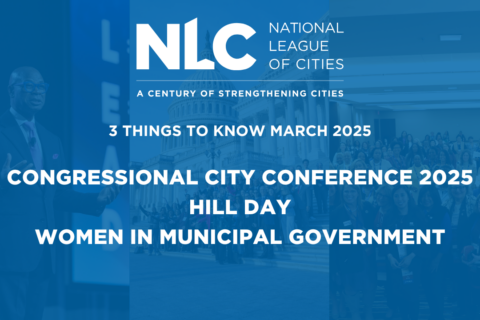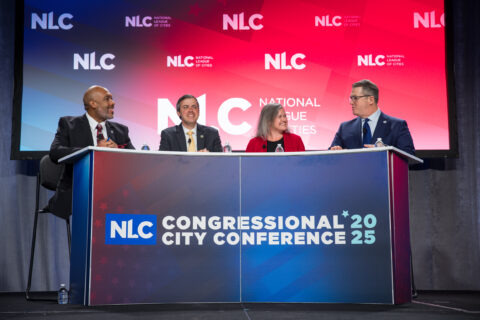As debt limit negotiations continue between Congress and the White House, NLC has learned that State and Local Fiscal Recovery Funds (SLFRF) under the American Rescue Plan Act (ARPA) are not at risk of rescission by the federal government. Local leaders may have heard that SLFRF funds are being rescinded as part of a final deal, but this is not a threat. Here’s what we know and what the ongoing negotiations mean for your community:
State and Local Fiscal Recovery Funds are Not at Risk
Local leaders do not have to rush to obligate funds. Any SLFRF funds, even if they have not been spent, are safe, based on NLC discussions with the Treasury Department and Congressional staffers, as well as Office of Management and Budget documents and Congressional Budget Office analysis.
Negotiators are considering rescinding ARPA funds that have not been committed (“obligated,” in policy terms) by multiple federal agencies, including the Federal Emergency Management Agency and the Federal Communications Committee. Since the Treasury Department has already sent all SLFRF funds to local governments, those funds are already considered obligated for federal budgeting purposes as well as for the purposes of the negotiations – even if they have not been spent by your municipality.
Please note that this use of the word “obligation” is separate from the process of municipalities obligating the funds they have already received. The negotiations do not have any impact on the ARPA deadlines for spending your SLFRF funds that you are already familiar with. For more information, please visit our ARPA FAQ page.
Other COVID Relief Funds Under Negotiation
There is approximately $56 billion of other funds from the six other pandemic relief bills that remain unobligated by federal agencies and could be rescinded, according to the Congressional Budget Office. The House Appropriations Committee Minority staff has provided a breakdown of the major programs that might be affected. Again, this does not include the SLFRF program.
Update on Negotiations as of 5/25
White House negotiators and House Republican negotiators left a four-hour meeting on Wednesday without talking to the press. This silence can be seen as a positive sign that both sides are making progress and don’t want to undermine potential headway by making statements in public that could be used against them.
However, time is running out to get a deal done before the June 1 deadline that Treasury Secretary Janet Yellen has called a “hard deadline.” Yellen added that the chances of the Treasury having the funds needed to make it to June 15, when the next influx of cash from quarterly estimated payments is expected, are quite low.
Earlier this week, the two most conservative members of the House Democratic Caucus signed a discharge petition, bringing the total number of signatures to 213. 218 signatures on a discharge petition are needed to for the House to hold a vote on a bill to raise the debt limit without conditions. Five GOP members would need to sign on to the petition to get to the 218 signatures needed for it to pass, which is unlikely at this point.
Additional Resources
To learn more about how the cuts being considered in the negotiations could impact your city, check out these recent resources issued by NLC:
